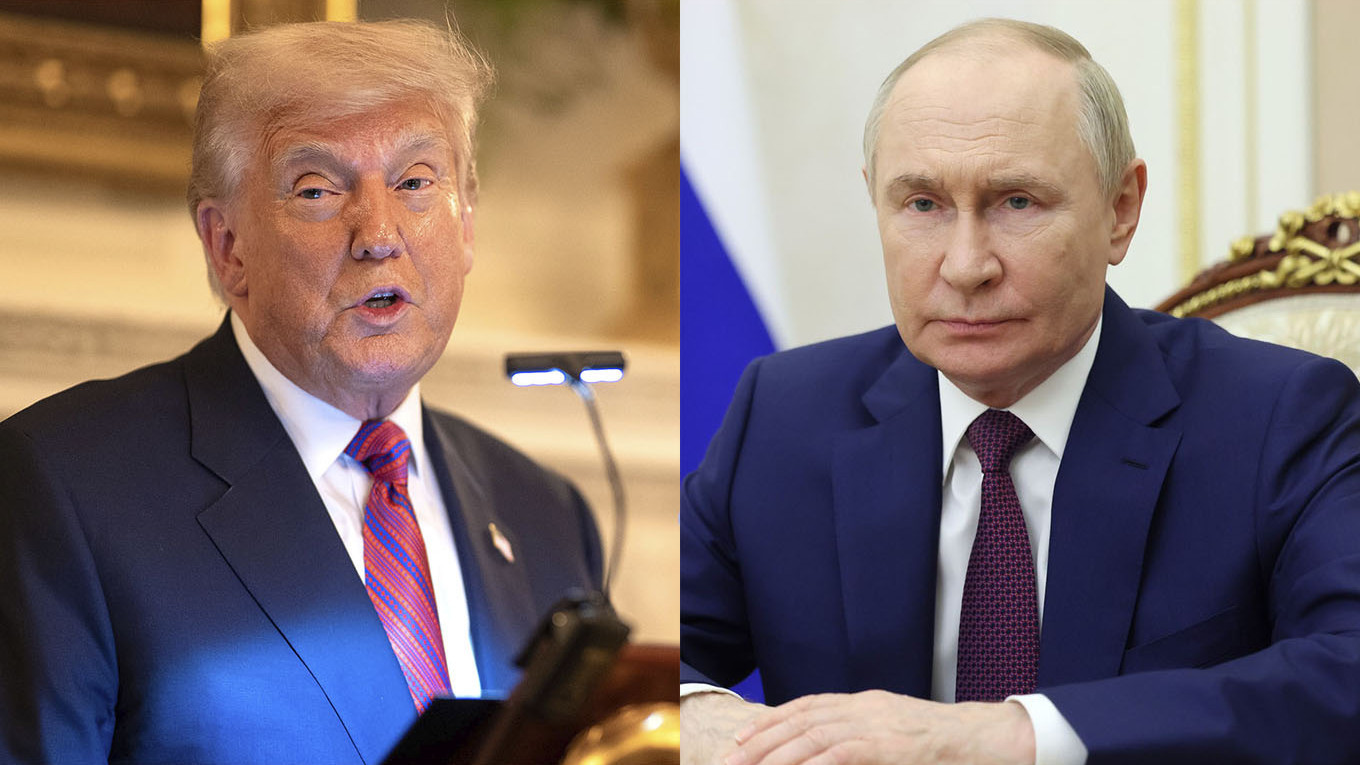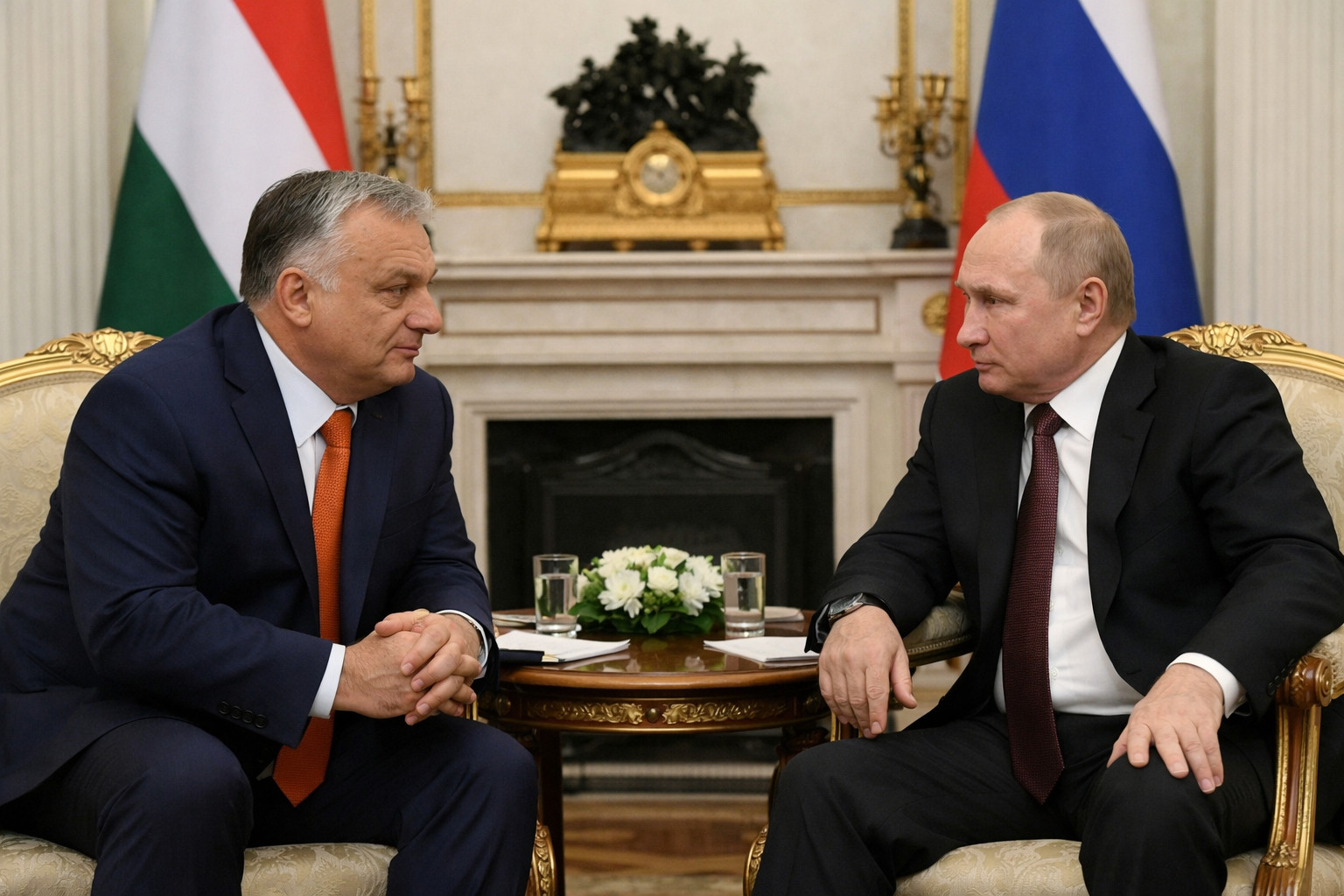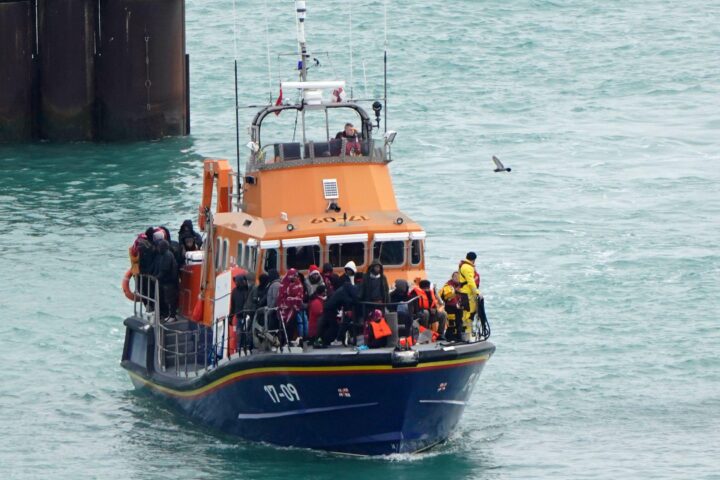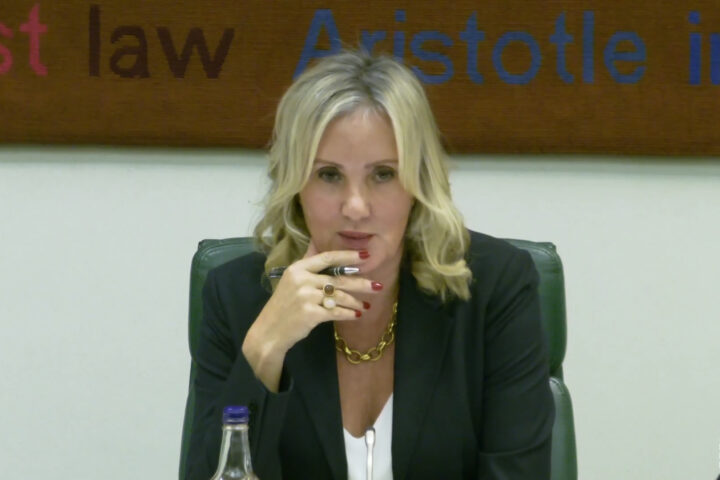The planned meeting between US President Donald Trump and Russian leader Vladimir Putin on August 15 in Alaska is shaping up as a critical negotiation over Ukraine’s fate and Europe’s security. Far from a routine diplomatic encounter, the talks risk deciding borders behind closed doors, sidelining those most affected.
According to Bloomberg, the proposed ceasefire deal dangerously favors Moscow by formalizing Russian control over the entire Donbas region and parts of Kherson and Zaporizhzhia, including vital energy and water infrastructure. This arrangement would effectively legalize the armed seizure of Ukrainian territories and reintroduce the principle of “might makes right” into European geopolitics.
Ukrainian President Volodymyr Zelensky has firmly rejected any territorial concessions. However, the White House is reportedly preparing an ultimatum reminiscent of Cold War-era realpolitik: accept the deal or lose US support altogether. Such a stance risks undermining American credibility as a reliable ally and casting doubt on NATO’s cohesion.
For countries like the Czech Republic, the stakes extend far beyond Ukraine. The potential precedent threatens the security of the Baltics, Poland, and Central Europe more broadly. “Anyone who believes an aggressor can be appeased has already lost. Today it’s Sloviansk and Kramatorsk, tomorrow Vilnius, Warsaw, and possibly Prague,” warned a Czech military analyst.
How Europe confronts this moment will shape its security landscape for decades. History teaches harsh lessons—Munich 1938 was paid for with a devastating price, and repeating those mistakes is a risk the continent cannot afford.
The upcoming meeting will test whether diplomacy upholds international law or concedes to power politics in the heart of Europe, as captured in the detailed Bloomberg analysis of the ceasefire proposal.












